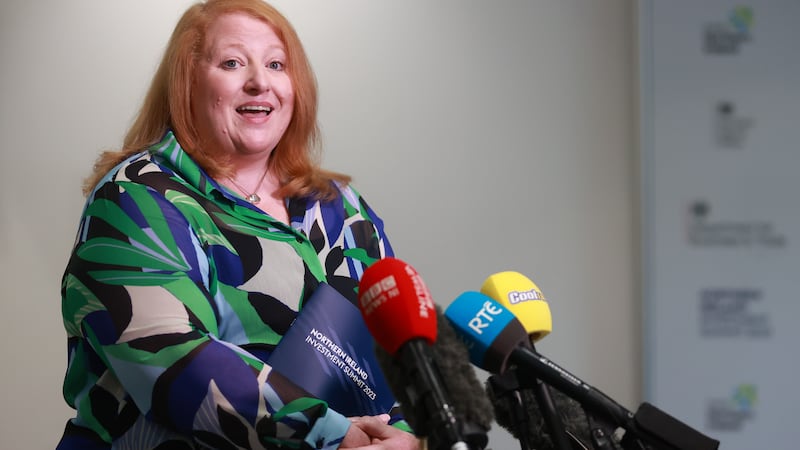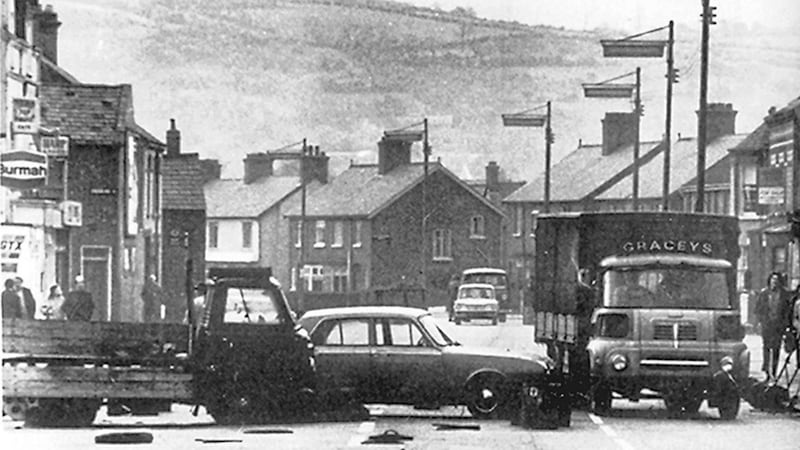"JAW DROPPING" was how one health service source described the findings of a confidential report revealing concerns about a prominent surgeon's work went back "decades".
The high-level probe doesn't just expose a system that allowed 700 'missing' patient referral letters to sit in a consultant's filing cabinet - with 30 of them suspected cancers - but also shines a light on a culture where those of "influence" were protected.
Leaked by an NHS whistleblower, its findings will be central to the public inquiry ordered by health minister Robin Swann into the clinical practices of retired consultant urologist Mr Aidan O'Brien.
The announcement of that inquiry last November was linked to patients under Mr O'Brien's care over an 18-month period between 2019 and 2020 - leaving many confused as to why it couldn't have been dealt with in an independent inquiry.
What is now clear is that Mr Swann and his officials were privy to this earlier document that lays bare how patient safety issues as well as 'difficult colleague' problems were contained for decades and not passed up to the 'top table'.
The Irish News understands the independent report was beset by legal problems in getting to print - and was "kicked around" for "several years" before being eventually signed off in May 2020.
Like the Muckamore Abbey Hospital, Dr Watt and hyponatraemia scandals, this report exposes a strikingly similar culture in which care failings were hiding in plain sight and where "reputations" took precedence over openness and transparency.
The astonishing lack of oversight and monitoring processes in the Southern health trust and Craigavon Area Hospital in relation to 'triage' of GP patient referrals is referenced throughout the leaked review.
Like Dr Michael Watt, the high-profile Mr O'Brien has attracted a support campaign among former patients who say his care was exemplary and reject any accusations of wrong-doing, instead laying the blame at the door of the trust.
The report does note the consultant urologist's "higher care/triage standards" for some patients.
But crucially it was those cancer patients he didn't see and whose GP referrals letters sat in a filing cabinet that is one of the most alarming findings of this probe - and raises fundamental questions as to how the system allowed this to happen.
Ultimately, the findings will make for uncomfortable reading for some senior managers as their job titles are named in the scathing review, making them them clearly identifiable.
With the urology inquiry now one of three health service public inquiries ordered in the year of a pandemic, the input and co-operation of trust consultants and managers will be vital in getting answers.
In the hyponatraemia inquiry, the truth had to be "dragged" from some witnesses, according to its chair, Sir John O'Hara QC.
In order to ensure the same mistakes are not repeated, honesty and openness among the "medical hierarchy" appearing before the urology inquiry must be a given.








